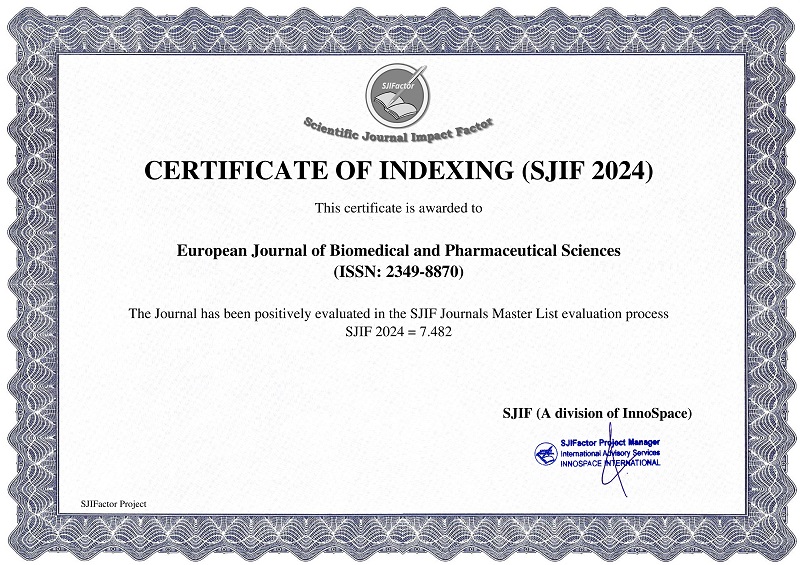NEUROLOGICAL COMPLICATIONS: CHANCES OF SURVIVAL IN CEREBRAL MALARIA
Dr. Shayri Pillai*
ABSTRACT
Cerebral malaria is one of the most common non-traumatic encephalopathy in the world. The pathogenesis and neurological complications are often leads to multisystem dysfunction. The clinical presentation differs between adults and children. Cerebral malaria is a common cause of neurological sequelae and death among children. Current studies show that the molecular mechanisms of pathogenesis and raised possible interventions. Antimalarial drugs, however, remain the main intervention to bring effective outcome, although increasing resistance to the established antimalarial drugs is of serious concern. Artemisinin derivatives have shown an immense impact in reference to treatment, but other drugs are required to bring into the limelight. With appropriate antimalarial drugs, the prognosis of cerebral malaria often depends on the management of other complications—for example, seizures, renal failure, acidosis. Research on the pathogenesis of coma and neurological damage shows increasing effect on human life especially children and the immediate invention of treatment is required. Cerebral malaria is the most severe neurological presentation of acute falciparum malaria. The clinical hallmark of cerebral malaria is the comatous stage.
Keywords: .
[Full Text Article]
[Download Certificate]


 Impact Factor : 8.181
Impact Factor : 8.181 






